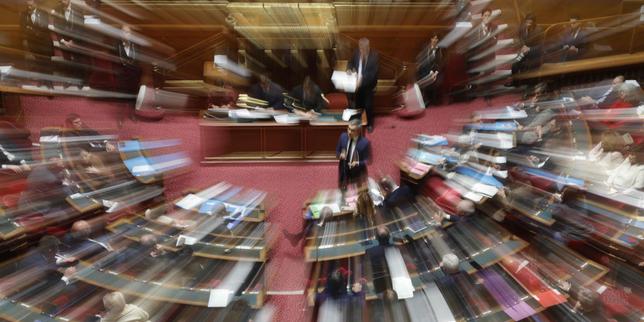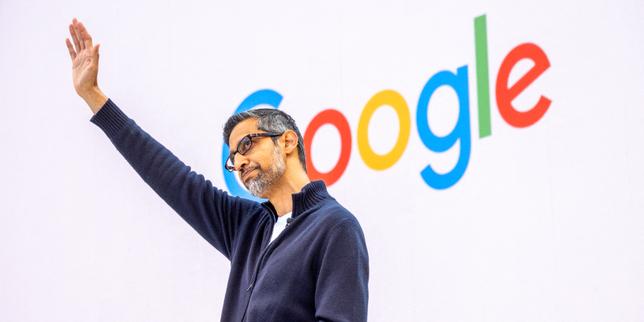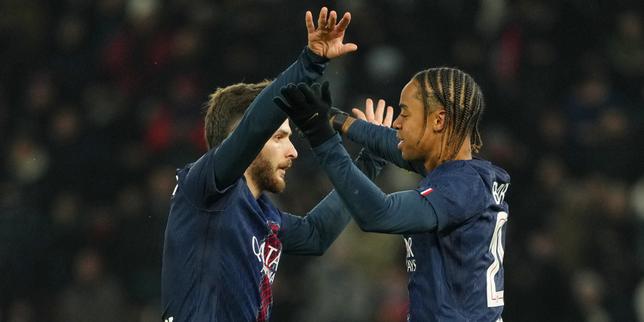European manufacturers are facing a two-front assault from China that has German industry associations warning of deindustrialisation: on one side, artificially cheap Chinese goods are flooding into Europe, and on the other, Beijing has demonstrated its willingness to abruptly cut off access to critical inputs like rare earths and semiconductors.
The alarm intensified in October when China added five rare earths to its export-licensing regime and then banned exports of computer chips made by Nexperia, a Dutch-headquartered but Chinese-owned chipmaker that supplies numerous European carmakers, according to The Economist.
Several European firms warned of production stoppages, and some German companies put workers on leave without pay. Germany's trade deficit with China hit $76.52 billion last year and is expected to surge to around $100.87 billion this year, The Economist reported, driven by collapsing German exports and a rush of imports in categories like cars, chemicals, and machinery that were once German specialties. Chinese brands now account for 20% of Europe's hybrid market and 11% of electric vehicle sales. German cars command just 17% of the Chinese market, down from 27% in 2020.
The rare earth controls were suspended for a year after the US and China struck a trade deal on October 30th, but the EU found itself a bystander to negotiations that directly affected its economy. Writing in the Financial Times, Robin Harding argues that China's explicit goal of self-sufficiency leaves Europe with few options. "There is nothing that China wants to import, nothing it does not believe it can make better and cheaper," he wrote, concluding that large-scale protectionism may be unavoidable if Europe wants to retain any industry at all.


Read more of this story at Slashdot.


















